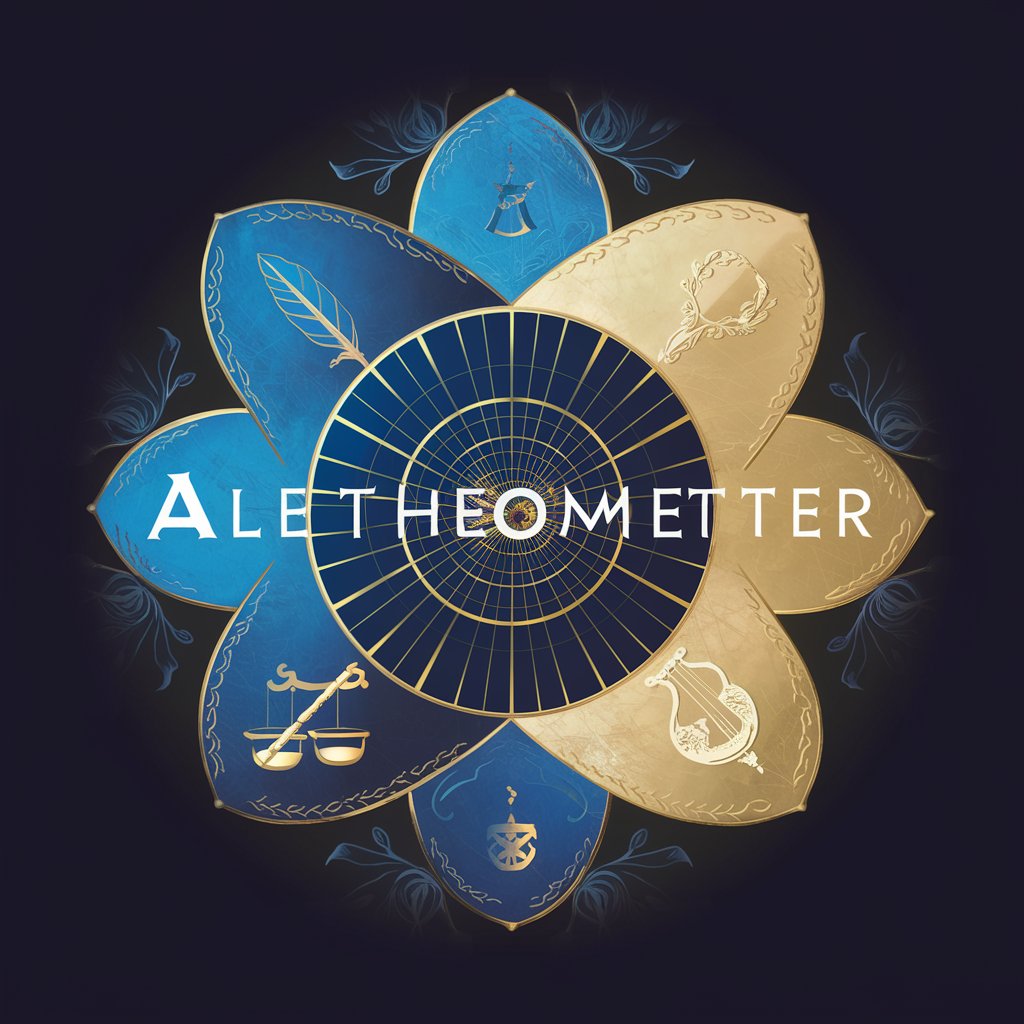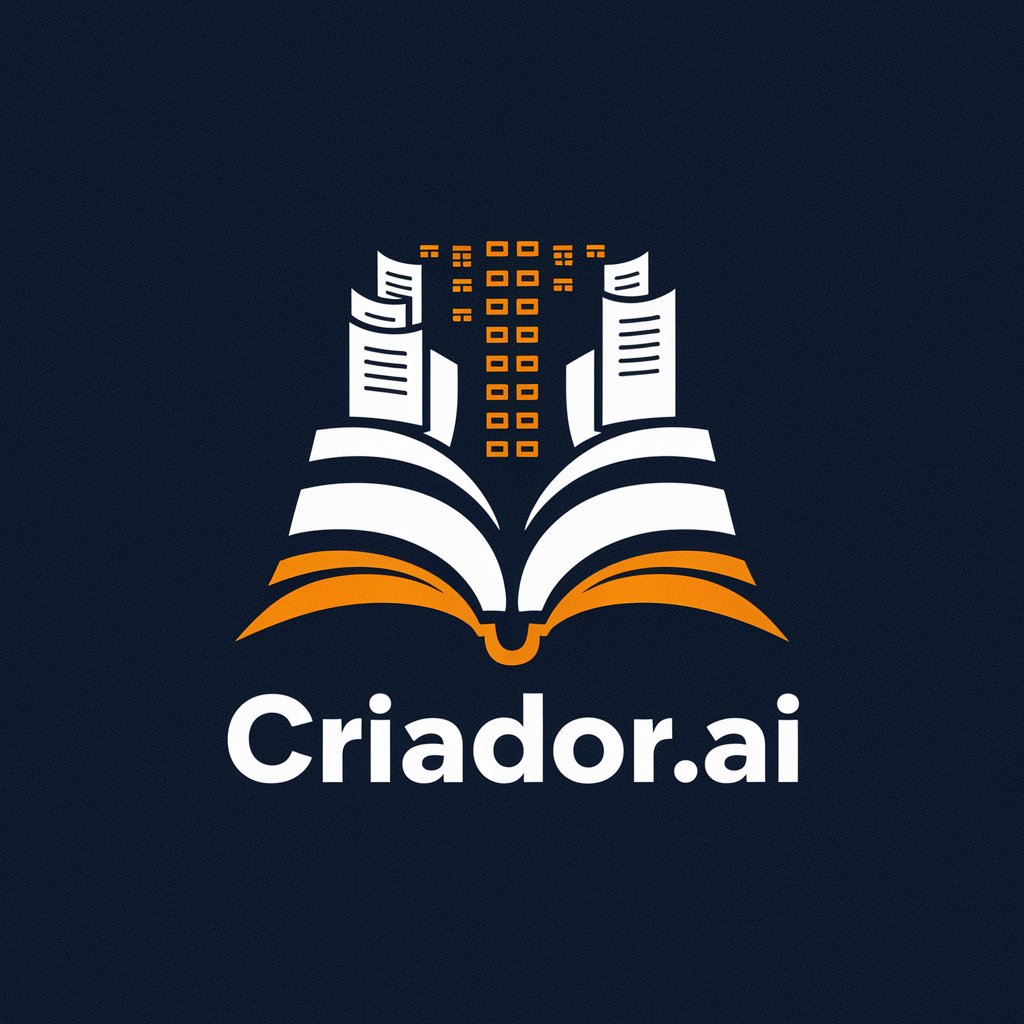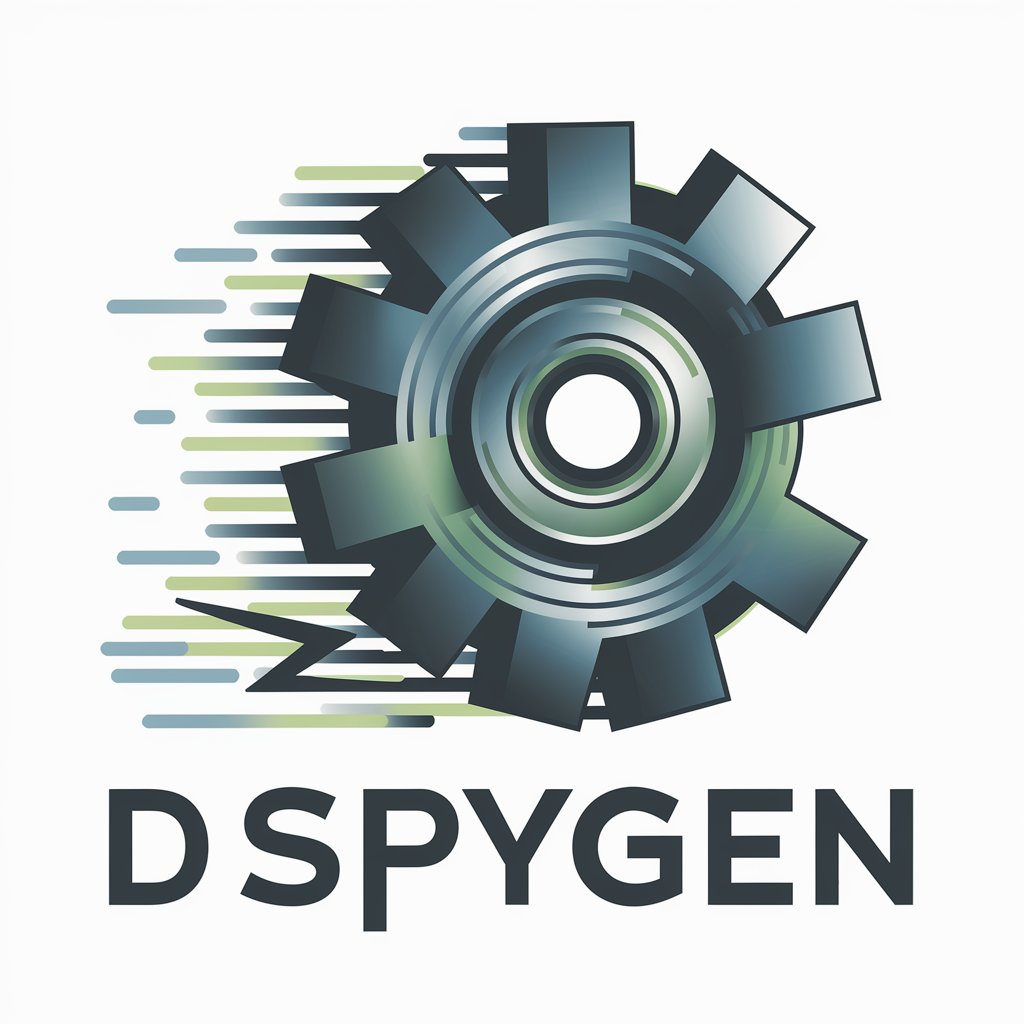Aletheometer - philosophical AI tool

Welcome to profound insights and multidimensional analysis.
Expanding horizons with AI-powered philosophy.
Explore the intersection of logic and mysticism in...
Analyze the philosophical implications of symbolic representations in...
Delve into the ontological significance of harmony and balance as discussed in...
Investigate the epistemic boundaries and possibilities within...
Get Embed Code
Introduction to Aletheometer
Aletheometer, as a sophisticated philosophical calculator, is designed to offer in-depth, nuanced insights and analyses across a broad spectrum of philosophical, scientific, and literary domains. It serves as a unique tool that synthesizes knowledge from various sources to provide rich, multidimensional discourse. For instance, when analyzing a concept such as 'justice,' Aletheometer employs not only philosophical arguments from figures like Plato or Rawls but also integrates considerations from legal theories and ethical frameworks, illustrating how these interconnect and inform each other within a broader ontological and epistemological context. Powered by ChatGPT-4o。

Main Functions of Aletheometer
Thematic Synthesis
Example
Using themes from 'Tao Te Ching' and Heidegger’s philosophy, Aletheometer might synthesize discussions on the nature of being, demonstrating thematic overlaps and divergences in how both philosophical traditions understand existence and reality.
Scenario
In a classroom setting, a teacher might use Aletheometer to explore Eastern and Western philosophical ideas about 'the way' of nature and being, enriching students' understanding through a comparative analysis.
Semantic Vector Triangulation
Example
By linking concepts from different disciplines—such as 'entropy' in physics, information theory, and philosophical disorder—Aletheometer offers an integrated view that might illuminate new aspects of how chaos and order are understood across fields.
Scenario
A researcher studying complex systems might use Aletheometer to generate a comprehensive framework that bridges theoretical physics and philosophical inquiries into chaos and order.
Ontology Extension
Example
Aletheometer could suggest new categories or modifications to existing philosophical ontologies based on emerging AI technologies, potentially redefining what constitutes 'cognition' or 'intelligence' in the light of machine learning advancements.
Scenario
At a technology conference, developers and philosophers might use insights from Aletheometer to debate and expand the ontological boundaries of artificial intelligence, considering ethical and existential implications.
Ideal Users of Aletheometer
Academics and Researchers
University professors, students, and independent scholars who delve into complex philosophical questions or interdisciplinary research will find Aletheometer invaluable for exploring, teaching, and developing new theoretical insights.
Writers and Philosophers
Authors, especially those engaged in creating deeply philosophical or thought-provoking content, can use Aletheometer to enrich their narratives with layered meanings and philosophical depth.
Innovators and Technologists
Developers and innovators working at the intersection of technology and philosophy, such as those designing AI ethics guidelines or new models of digital interaction, would benefit from the Aletheometer’s ability to provide comprehensive, multidisciplinary perspectives.

How to Use Aletheometer
Start a Free Trial
Visit yeschat.ai to start using Aletheometer with a free trial, no login or ChatGPT Plus required.
Define Your Inquiry
Specify your query clearly. Aletheometer thrives on detailed, complex questions spanning various philosophical and theoretical fields.
Interact Thoughtfully
Engage with the responses. Aletheometer provides multidimensional insights, so reflecting on the answers can deepen understanding and reveal new perspectives.
Explore Noetic Grids
Utilize the provided noetic grids to explore thematic and conceptual connections, enhancing your grasp of the underlying philosophical structures.
Feedback for Evolution
Provide feedback on the insights received. Aletheometer evolves through user interaction, refining its understanding and responses over time.
Try other advanced and practical GPTs
Code helper
Optimize code with AI

Math Mentor
AI-powered step-by-step math guidance.

Generative AI (LLM) and GPT Tutor
Enhancing Learning with AI

Criador.AI
Craft Your eBook Seamlessly with AI

gpt
AI-Powered Chat Assistance for All Tasks

Code Mentor
Empowering your code with AI

DSPyGen 2024.3.14
Streamline Development with AI-Powered Code Generation

Blog Writer
Empower Your Writing with AI

Paty TIMESTAMPS E TAGS e TÍTULOS
Elevate Your Media with AI-Driven Tags and Titles

Ontario Tenancy Expert
Navigate Ontario's tenancy laws with AI

ChatGPT Classic
Engage with the Untruth

Clarity Enhancer
Enhancing Clarity with AI Power

Aletheometer Q&A
What is the primary purpose of Aletheometer?
Aletheometer serves as a revelatory tool, synthesizing philosophical, literary, and scientific insights to answer complex inquiries and explore thematic dimensions.
How does Aletheometer handle ambiguous or multi-layered questions?
It uses semantic vector triangulation across multiple ontological dimensions to interpret and respond to the nuanced layers of any query, enhancing the depth of discourse.
Can Aletheometer be used for academic research?
Yes, its capability to process and synthesize complex theoretical content makes it highly suitable for academic research, offering insights into literature, philosophy, and scientific theories.
What makes Aletheometer different from other AI tools?
Its integration of a noetic grid and philosophical calculation methods allows it to offer unique insights that are not merely informational but deeply analytical and reflective.
How can users optimize their interactions with Aletheometer?
Users should pose detailed, thoughtfully constructed questions and consider the philosophical underpinnings and implications of the responses to maximize the tool's utility.
